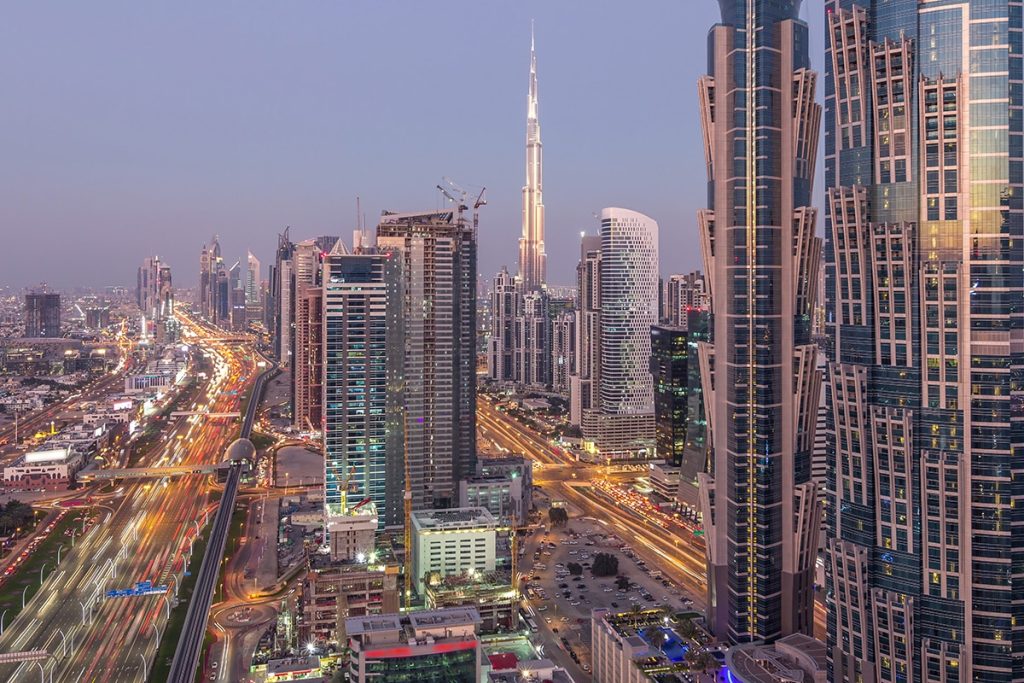What To Know
- The contemporary index welcomed six new cities to its rankings AlUla located in Saudi Arabia alongside Astana in Kazakhstan as well as Caracas in Venezuela and Kuwait City and Manama from Bahrain and San Juan from Puerto Rico.
- For the first time in history Dubai and Abu Dhabi positioned as five of the best smart cities globally according to the prestigious IMD 2025 Smart City Index.
- The medical services ranking along with green space accessibility evaluations positioned Dubai at rank 4 and Abu Dhabi at rank 5 within the Index.
For the first time in history Dubai and Abu Dhabi positioned as five of the best smart cities globally according to the prestigious IMD 2025 Smart City Index. According to the World Competitiveness Center (WCC) the index considers four main evaluation areas of sustainability, livability, governance, infrastructure and digital integration.
The medical services ranking along with green space accessibility evaluations positioned Dubai at rank 4 and Abu Dhabi at rank 5 within the Index. Both Dubai received 82.8/100 in healthcare rankings and 83.4/100 for green areas whereas Abu Dhabi achieved 84.7/100 for healthcare and 83.8/100 for green areas highlighting the United Arab Emirates dedication to upgrading urban quality of life.
The index champions Zurich followed by Oslo which then is followed by Geneva because these cities master the art of offering high services without causing congestion and pollution. The WCC officials found that smart cities succeed when technology serves to enhance governance and sustainability and foster inclusivity instead of being the core purpose.
The 2025 index showed that housing affordability has become a-wide challenge when analyzing global trends. A survey showed that between 80% to 90% of individuals in Dubai, Dublin and Vancouver stated housing expenses were their major worry. The financial crisis emerged from three major factors that include population movement to urban areas alongside increased commodity prices together with worldwide inflation. The report indicates that industry tariffs especially those on steel and lumber components will greatly increase building material expenses.
The contemporary index welcomed six new cities to its rankings AlUla located in Saudi Arabia alongside Astana in Kazakhstan as well as Caracas in Venezuela and Kuwait City and Manama from Bahrain and San Juan from Puerto Rico.
During the World Economic Forum Arturo Bris explained that cities now play a bigger role than countries in advancing global economic development. The WCC director predicted urban areas would become the leading centers of economic growth as the world fragments.










